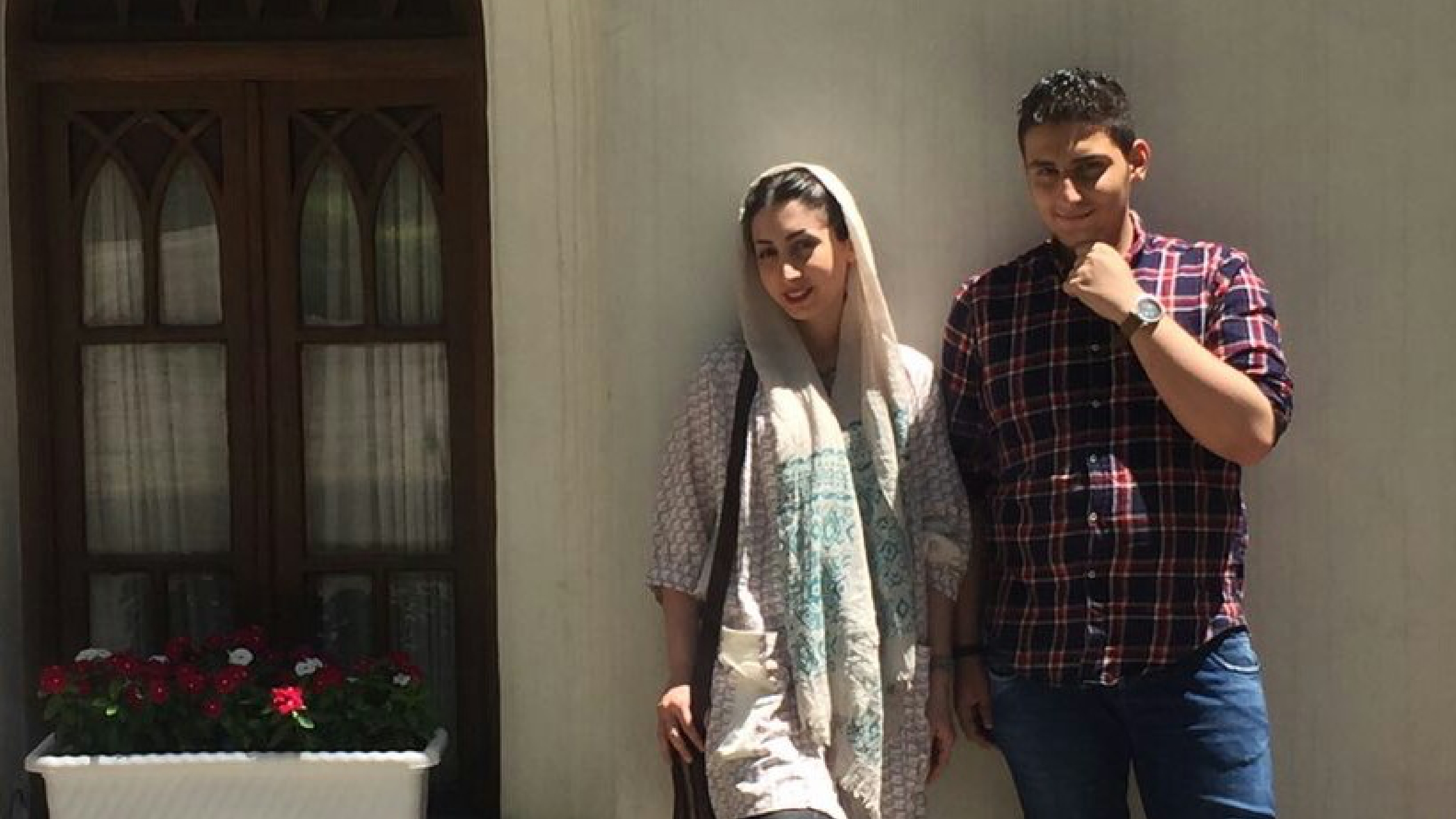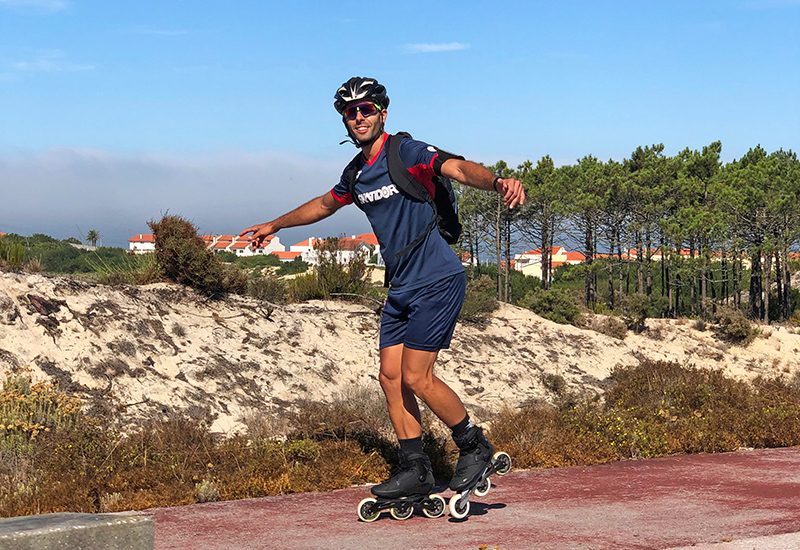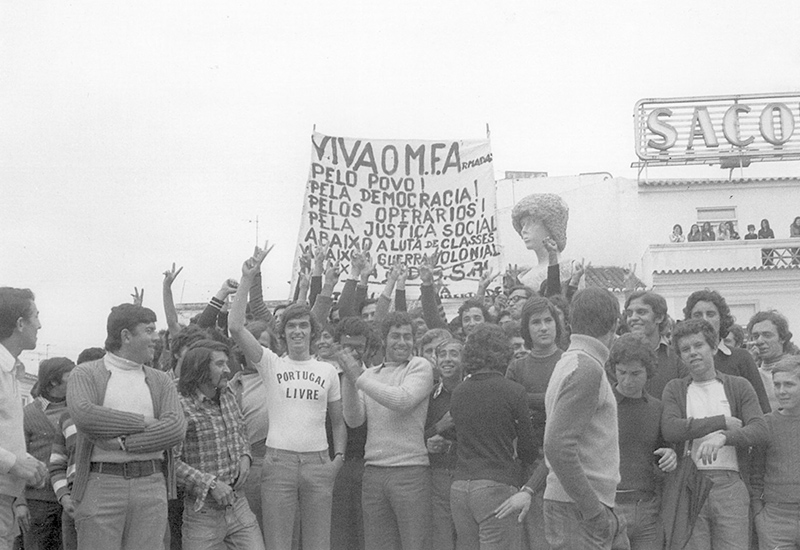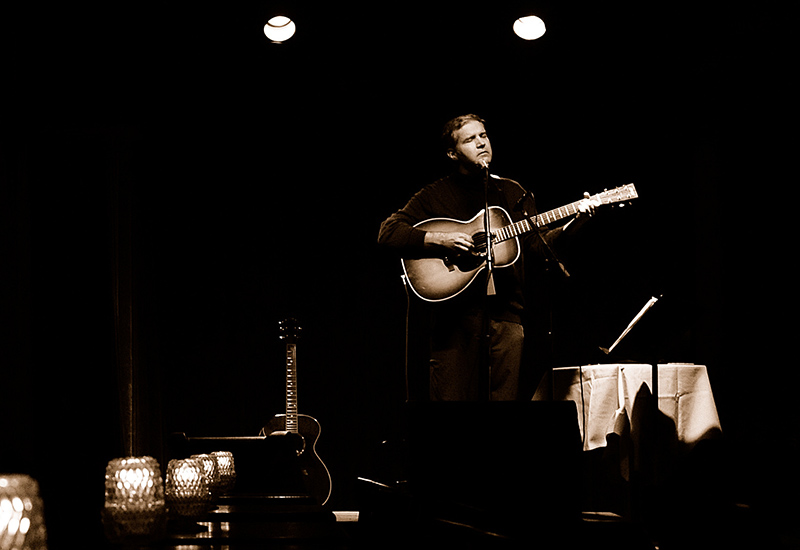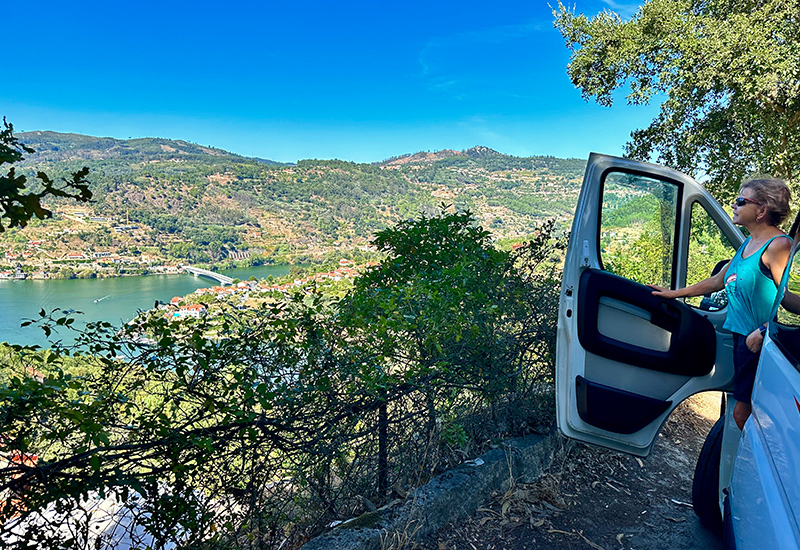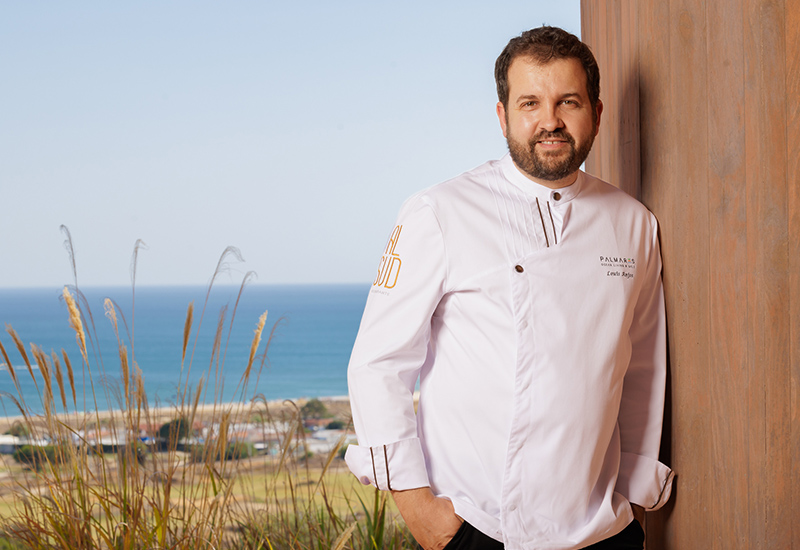“There is an immense contrast between life in Portugal and life in Iran,” states deep-thinking 21-year-old Armin Balouei, who lives in Lagos. He came to Portugal from Tehran six years ago with his mother, and although he is happy here, it took him a couple of years to adapt to his new life.
“Through media and film, American and European lifestyles are romanticised. Most Iranians yearn to live the idyllic lives they see depicted, which means they are often disappointed when they get the opportunity to do so. Nowhere is paradise. I felt let down when I first got to Portugal as I realised that good fortune doesn’t land at your feet here as I believed it would.” His experience mirrors that of tourists suffering from “Paris Syndrome”- a profound state of depression that can manifest in travellers who feel let down by the city.
Armin arrived in this country when he was 15, speaking only Iranian. Going straight into Júlio Dantas school in Lagos was a struggle for him. Luckily, a few kind students took him under their wings, and although he grappled with the education, he learnt English in a year and Portuguese in two. “In Iran, males are educated separately from females, so I was baffled and surprised to be mixing in school with girls. The system here is better as guys can become friends with girls. Segregating the genders means that the two sexes find it hard to understand each other if or when they get married,” he remarks.
Armin was born ten kilometres away from the Caspian Sea, where the most exclusive caviar is found. He moved to Tehran to live with his mother at ten after his parents divorced. “My mother is a strong woman.”
Armin explains, “Heavily oppressed since the 1978 revolution; there is a shifting dynamic for women in Iran. Men control women’s lives, and a woman can only study or work if she has permission from the man in command. The cost of living in Iran has risen recently, but wages have stayed low, so a family now needs two incomes to survive. Husbands, therefore, allow their wives to work out of necessity, resulting in women having more independence and a voice in family financial matters. Despite the older generation holding on to religious beliefs, Iran is not full of fanatical men as people may think. Many men are opposed to the repression of women and do not assert their power. Arranged marriages still occur, but there are more love marriages now.”
“Iran is stunning,” he describes. “There are forests, mountains, beaches, and jungles with tigers, cheetahs and bears. Although the cities are dirty, polluted and rat-infested, Iran has a mystical feel: a magical atmosphere that is hard to describe. I miss the country and my friends there, but I am much happier in Portugal. Living in Iran is frightening. There are undercover cops everywhere, so you have to be cautious with what you say. Rebels and people who merely speak out of turn may be shot, or they simply disappear, and often their families too.”
After Armin’s initial disillusionment with Portugal, he began to thrive here, only seeing the positive aspects. He attended a catering college in Portimão when he left school, gaining qualifications, and he now works in a restaurant in town. He learned to play the acoustic guitar and plays bass in a band with friends.
Armin knows of no other Iranians living in Lagos and the surrounding area. He hopes that his sister will be able to join him and his mother in Portugal one day. Iran is a hard country to leave, and not many manage it.
“People who live in peaceful countries sometimes don’t know how lucky they are. Having survived a dangerous existence, I appreciate living here and will never take it for granted. I am so grateful to be in Portugal and especially in Lagos.”
